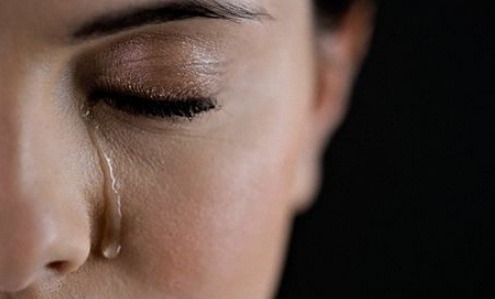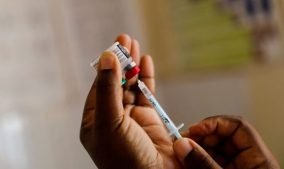It might be regarded in many circles as fact that it takes 21 days to form a habit. However, according to some, this notion is a misinterpretation of an assertion by one Dr Maxwell Marltz, who spoke to it in relation to self-image. What we do know for a fact is that South Africa is on a nationwide 21-day lockdown. SABC News set out to find out what this would be like for someone who is diagnosed with depression.
The 21-day national lockdown announced by President Cyril Ramaphosa to begin on Thursday midnight is an attempt by government to halt the spread of the coronavirus (COVID-19).
Ramaphosa says, “The nationwide lockdown is necessary to fundamentally disrupt the chain of transmission across society.”
Experts say social isolation can bring about feelings of fear, anxiety and depression. They believe that any form of interaction is vital in such circumstances.
Clinical Psychologist from the South African Depression and Anxiety Group (SADAG), Samukelisiwe Mthembu, says the levels of anxiety are high due to COVID-19. She says interaction creates bonding and comforts people that may share similar issues.
Lockdown as a trap
SABC News spoke to 21-year-old Lwethu Bugqwangu, who has been suffering from depression since 2016. She sees the lockdown as a trap.
“It’s like everyone is going to die,” she laments. Bugqwangu says she has stocked up enough medication for the duration of the lockdown.
“I take my medication now and then to numb the pain. I suffer from panic attacks and feel anxious. I have a hard time feeling joy. Most of the time, I have to pretend to be happy. I have fears of rejection and not being normal around people.”
Bugqwangu says suicidal thoughts have been on her mind lately. “I once wrote a suicidal note for my mother, dad, little sister, the baby I lost and my ex-boyfriend. I cut my hands now and then.”
In the audio below, Mthembu says being calm and focusing on positive thoughts helps to avoid negative thoughts:
However, Bugqwangu prefers being in a dark room alone during this period.
Keeping communication lines open
Psychologist Mthembu has advised people to have telephonic sessions with their psychologist should they not be able to have face-to-face contact.
“Finding some means of communication with your psychologist helps alleviate some anxiety even if you are suffering from depression. Any therapy is better than no therapy, currently.”
Mthembu has reiterated that citizens suffering from depression must continue taking medication.
“People shouldn’t stop taking their medication and that’s why some essential services are still open and it’s important to access your medication during this time, especially because of the isolation that’s involved with staying home or staying alone for 21 days. Health must continue as usual.”
In the audio below, Mthembu unpacks the importance of medication:
Mthembu says 21-day lockdown may come with a lot of isolation. “People who are staying alone during this period should reach out on social media platforms. I have seen a lot of video chats on Instagram, a lot of people reconnecting on Facebook.”
Bugqwangu says the only thing she does to escape the isolation is eating and sleeping. “I try walking around the yard with my dogs and meditating. If it doesn’t work out, I got to sleep.”
Bugqwangu explains further…
Mthembu unpacks the difference between feeling down and depression:
Here are some of the activities people can do during 21-day lockdown:
Health workers in the public and private sectors, emergency personnel, those in security services (such as the police, traffic officers, military medical personnel, soldiers) and other persons necessary to respond to COVID-19 are exempted from this lockdown.
It will also include those involved in the production, distribution and supply of food and basic goods, essential banking services, the maintenance of power, water and telecommunications services, laboratory services, and those involved in the provision of medical and hygiene products.
How to get help during lockdown
SADAG has announced that it will remain open during the nationwide lockdown.
Get in touch with SADAG on 0800 567 567.
Note: This is Part 1 of a series of articles under The Blues






